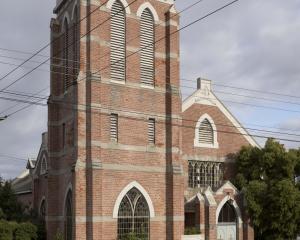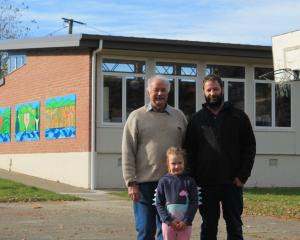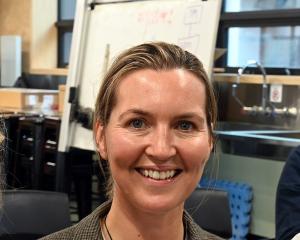
A bid to change the electoral system for the Otago Regional Council to single transferable voting (STV) failed to pass in June, losing 6-5.
A vote on holding a referendum on the electoral system as part of the next election also failed 6-5.
A staff report to be presented at today’s council meeting said following the June meeting, a briefing on electoral systems was held by Electionz.com and consultation was undertaken with Otago’s local councils.
Under the Local Electoral Act 2001 if councillors wanted to change the voting system for the next two local body elections — from the present "first past the post" system to the single transferable vote (STV) system employed for Dunedin City Council elections — a decision was required by September 12.
Councillors could also decide by February 21 to hold a poll on the voting system, the report said.
In 2020, the council decided to retain first past the post for last year’s election, but held a poll alongside the election for the public to decide which system would be used for the following two elections.
However, council revoked that decision in May last year as recommendations on electoral systems were expected from the Future for Local Government review panel.
The Future of Local Government report subsequently endorsed STV for all councils.
Now, two Dunedin constituency first-term councillors appear to be leading the push for a change.
Cr Alan Somerville, who raised the issue on the campaign trail, said there were "plenty of good reasons to shift to STV".
He called STV a fairer system where fewer votes were wasted because through voters’ ranking of the candidates, "the preferences of many more voters are reflected in the results".
Cr Elliot Weir, who in June led the argument for switching to STV, said they planned to continue to advocate for STV at today’s meeting.
"Switching to a voting system that is fairer, more engaging, and more democratic than [first past the post] is an important step, but by no means the only step.
"The ORC needs to take in our efforts to be better representatives of, and connected to, our communities," Cr Weir said.












